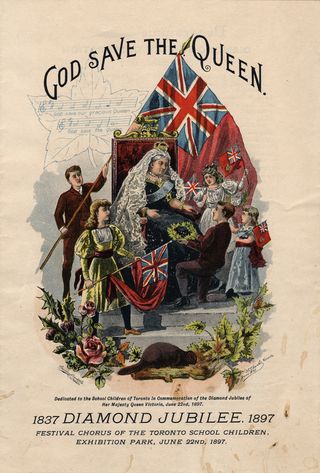
The above photo of the faithful in Montreal, locked out of their churches, marginalized, ignored by their pastors; reduced to kneeling on hard cement in the freezing cold of Montreal is a reflection of the abuse inflicted on them by the men who outwardly occupy the sees of the successors of the Apostles in Canada.
We Catholics are still waiting for these sad men to admit their guilt, their abuse, their collusion with the State. May they repent and do penance. Perhaps a start might be actually taking a pro-life stand? Perhaps they could show repentance by rebuking the political abusers? Silence, in this case, means consent. When the man who is the Prime Minister of Canada called Canadian truckers "Nazis" the bishops remained silent. When he called them racists the bishops were silent. And so it goes.
The perverse irony of this is that he and his Deputy came out as fanatical supporters of real Nazis and racists involved in a foreign war half a world away (shipping them bombs and bullets on the backs of long-suffering taxpayers).
Friends, pray for these men to repent and convert. They have abused us as neo-Gallican satraps of Caesar. They even allowed the Sacred Liturgy to be trodden underfoot by surrendering to State bureaucrats the rubrics of the Mass: the greatest crime of which was turning over the Most Holy Eucharist to the control of godless sinners.


.png)